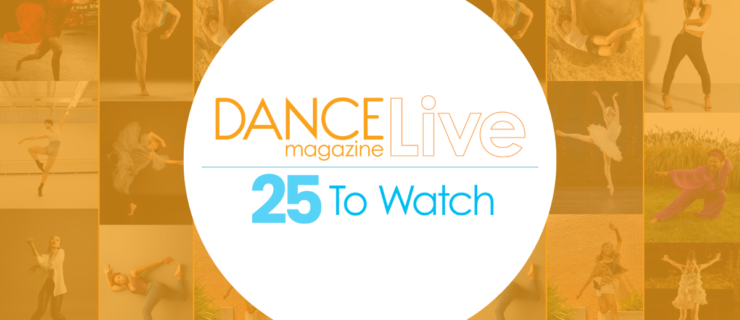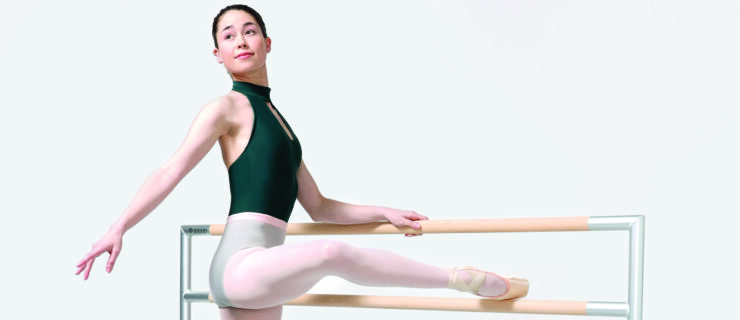Perfecting your penchee and dealing with mean friends
How do I improve my penchée?
—Niesha Johnson
First of all, remember that a penchée is really an extended arabesque—and an arabesque should come from your back, not your extremities. You want to maintain the connection between your upper back and your leg, constantly forcing the two against each other.
Stretch the front of your hips and your hamstrings, emphasizing length and freedom of movement. Strengthening exercises will help stabilize your standing leg, which will help you control the depth of the penchée without losing your balance or showing strain.
Stand on one leg in parallel without the barre, and simply plié, straighten and relevé to focus on alignment and smooth transitions. (The other leg is gently bent.) Repeat this exercise turned out and then do the other side.
A good preparatory barre exercise is to tendu arabesque and combré back. Imagine there’s a string connecting your bun to your foot and lift your toe to arabesque without breaking that string. Continue into penchée, holding that connection and resist the urge to nosedive—you want to avoid looking like an ironing board. Then, reverse the motion and come back to arabesque, keeping your leg up as high as possible. This will strengthen your back and encourage the correct aesthetic line. Remember to keep your knees straight, shoulders square and weight on the ball of your standing foot.
In center, I imagine that someone is partnering me—supporting me by my back wrist and lifting me away from the floor as I extend into a deep arabesque. Check out Susan Jaffe demonstrating a penchée at abt.org/education/dictionary/terms/penche.html. She’s classically picture-perfect.
Julie Diana is a principal dancer with Pennsylvania Ballet.
I always get a minor or understudy part when I want the lead. I’m OK until people tease me! How can I stop feeling so sad?
—Cherry Lang
It’s difficult when you strive for something and don’t get it, and worse when others taunt you. Let’s start by looking at how you treat yourself. Most of us are our own worst critics. Clean up your negative “self-talk” and start giving yourself words of encouragement. Don’t dwell on what you think your failures are. Instead, form an image of yourself as an experienced, talented dancer. How we think shapes our reality, so keep visualizing your goals and a positive outlook of your performance skills.
Perhaps if you are thinking positively about yourself, your peers will mirror that attitude. But if they continue to be insensitive or downright mean, let them know. Ask, “Did you mean to make me feel bad?” If their intention is to hurt you, they probably won’t stop teasing, and you should seek out new, supportive friends. But most likely, they just need to realize how harsh their words are.
Finally, examine how you’re treating others. Be kind, and they’ll probably
return the notion.
Robin Powell, PhD, is a professor of dance/performance at New York University and a psychotherapist.
Photo: Paul Kolnik



